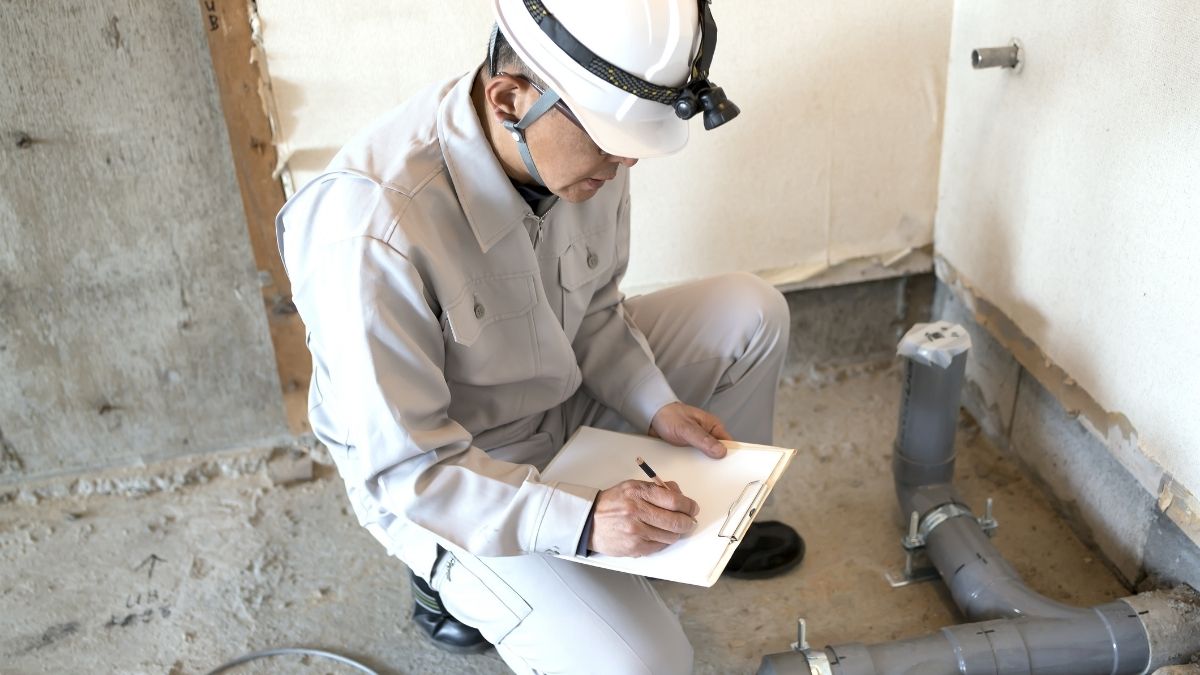Things In Your Home That Should Be Inspected Regularly

When you own your own home, there’s a sense of pride in the fact that it's all yours. However, behind that confidence is a long list of pending tasks and precautionary measures that need to be done around your home. Life never stops moving. Not only are you responsible for caring for yourself and your family, but you get the added bonus of trying to make sure your home remains standing. You remind yourself that these are good problems to have. Nevertheless, you can't help but feel an internal struggle as the to-do list calls your name day after day.
It’s easy to get overwhelmed. Remember, YOU are a world class multi-tasker. Lists are your thing (or at least you've always dreamt of them being your thing). Try making a "house stuff" list and arrange it in order of importance. There are things in your home that should be inspected regularly and without fail. Other things can wait until you can find the time or feel that second wind coming on, when the sun peaks through the clouds just right (you know those days).
HVAC Systems
Heating, ventilation, and air conditioning are all systems that need to be kept up with. Not only do they provide heat and cooling when you and your family need it most, but they keep the air you breathe clean. Routine inspection and maintenance are matters that should rank high on your list.
Have your furnace inspected twice a year—once in the spring and once in the fall. Filters should be changed every three months, perhaps more if you're a pet owner. Understanding the dangers of letting these units fall by the wayside will help you to not only keep your family safe, but get the best use out of your HVAC appliances. Save yourself a major headache and some money down the road: keep your systems clean and up to date.
Drainage Systems
Not maintaining your drainage systems can result in major damage caused by flooding or backed up water. Effects of improper drainage may leave you with rancid smells, mold, mildew, water spots, toxic and standing water rot, or an infestation of bugs and rodents. Drainage systems, when properly cared for, last about 20 years.
Having an idea of how old your drainage system is can be useful, but the information isn’t always at your disposal. Keep an eye out for leaks, water that takes longer than normal to drain, the working order of your gutters, and new odd noises or odors. All may indicate your home is experiencing drainage issues. Failure to notice abnormal draining patterns could cost you a lot in unnecessary and avoidable servicing, repairing, and replacement.
The list of things in your home that should be inspected regularly is longer than the two above mentioned categories. Missing warning signs that something is wrong may result in a vast and expensive project you simply don’t have the time or the money for. If you have a basement, most of these systems will be located there.
Please do your best to keep it cleaned and organized, so you have an indication when something irregular happens. Be mindful of your furnace's location. Keep an eye on it and refer service professionals to it at any time. Drains usually back up in the lowest part of the house, so the basement should supply evidence of any issue.














New! Comments
What do YOU think? Leave me a comment in the box below.